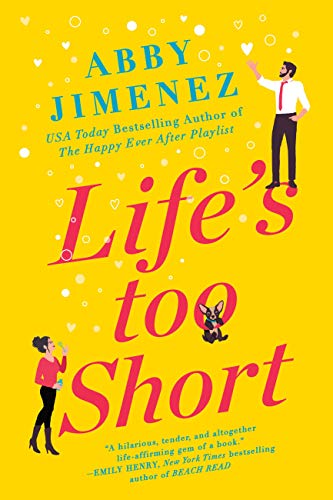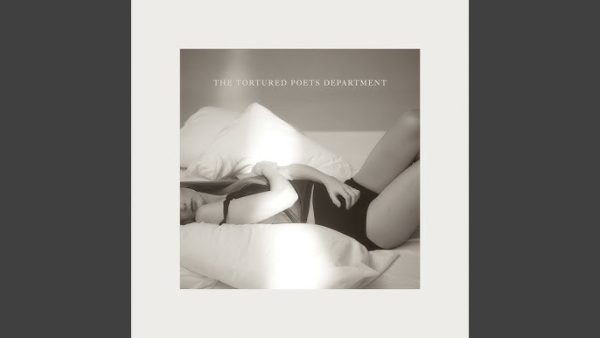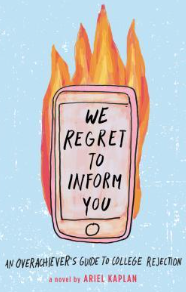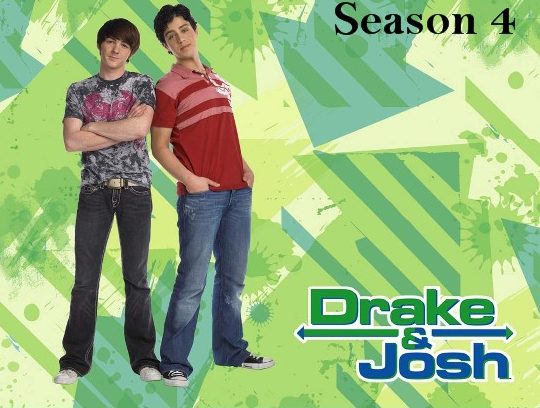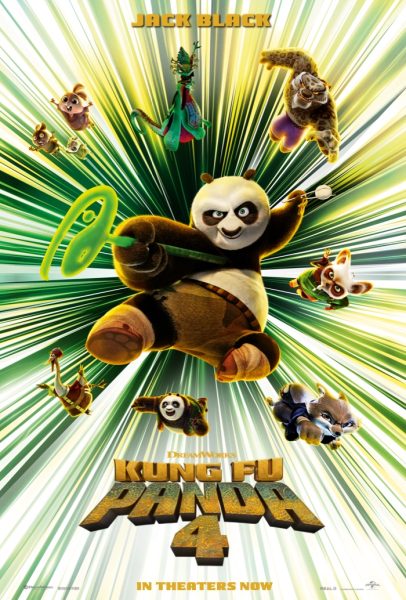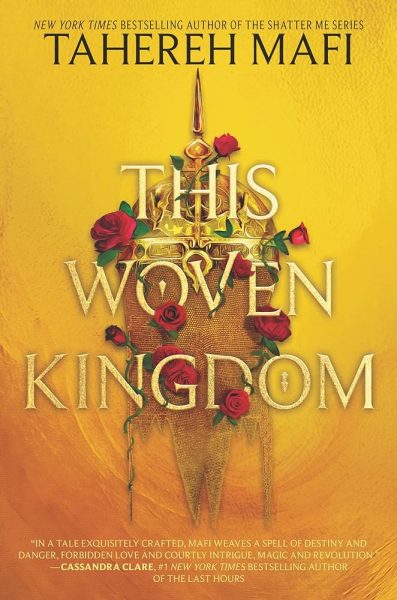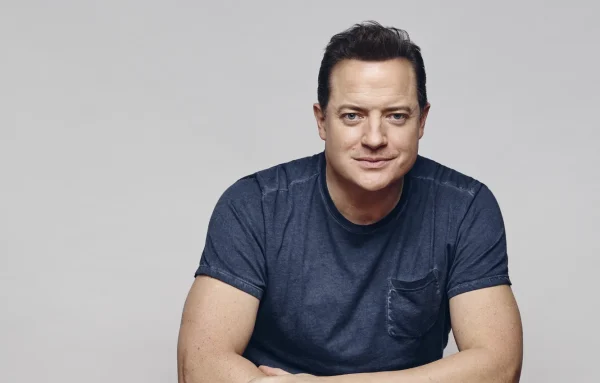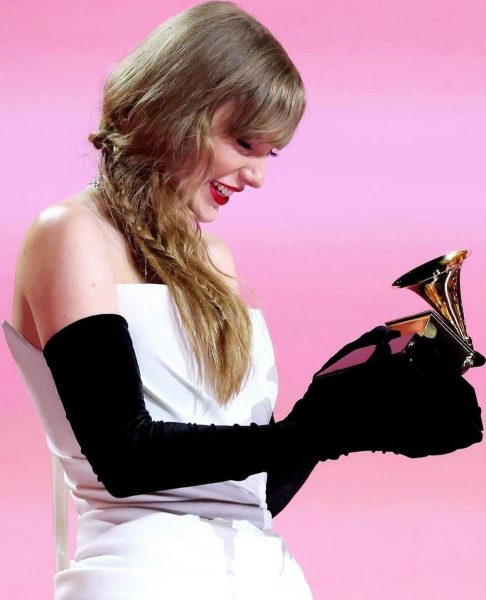Before the Coffee Gets Cold Review
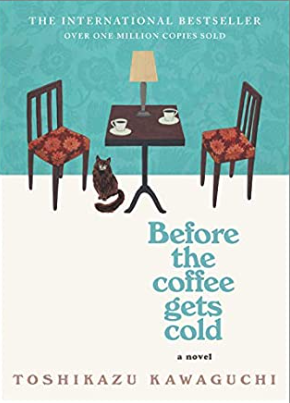
If you could go back in time and re-do a conversation you had with someone, who would you speak to? Would you do it knowing the rule that it wouldn’t change anything in the present? These are the questions that Toshikazu Kawaguchi (and translator Geoffrey Trousselot) explore in the popular novel Before the Coffee Gets Cold, an immersive and interesting selection of cohesive stories.
The novel is broken into four parts: “The Lovers”, “Husband and Wife”, “The Sisters”, and “Mother and Child”, each seeking to explore another answer to the questions posed above. “The Lovers” focuses on a woman who goes back in time to alter her reaction to her ex-boyfriend moving to America for three years, “Husband and Wife” focuses on a woman going back in time to have a conversation with her husband before his Alzheimer’s set in, “The Sisters” focuses on a woman who goes back in time to have a conversation with her sister from the family who disowned her, and “Mother and Child” focuses on a mother who travels ten years into the future to meet her currently unborn child. This broad range of possible interpretations of the aforementioned questions keeps the reader interested throughout the book as they are constantly presented with new ideas to think about. The use of realistic and possibly relatable topics also helps to keep the reader engaged in that they are more likely to connect to the book through their own experiences or the experiences of others that they are close to being reflected. Despite their different topics, the parts all share a common set of characters in the form of regular customers and the staff, connecting them to each other in a seamless manner.
The novel’s cohesive ability is also visible in its frequent mention of time that is entwined through the entirety of each section, not only just when the characters are time-traveling. For example, the novel opens with the quote “‘Oh gosh, is that the time? Sorry, I have to go.’” (Kawaguchi 1). The scene that the quote is a part of takes place in the present, yet connects strongly to the ideas of time mentioned during the time-travel. The limited time mentioned in the quote is also reflective of the rule that the time-travelers must return before the coffee they have been given gets cold – a rule that is also foreshadowed when the first woman notices that her coffee has gone cold after her boyfriend in the present day has left the shop. This keeps the novel cohesive in mentioning the overall topic of the passage of time throughout each part and therefore consistently connecting it to that topic.
Similarly, the author creates an immersive environment for the reader while relating to the topic of time through frequently flipping between flashbacks and the present, especially during times when the characters themselves are in the middle of the transition between times. This helps the reader to feel more as though they were also traveling through time alongside the characters as it creates a sense of times blending into one another. These descriptions of the past also help the reader in that it allows them to have a better understanding of the character’s past before they are thrown back into it when the character reaches their desired time destination.
Though these features of the novel make it an enjoyable read, it is not without its flaws. For example, though the last three parts are linked together in a clean and cohesive manner, the first part of the novel seems out of place. The main characters of it are only mentioned in that story, and then briefly in the last part in a way that felt unnatural and more like an unsuccessful attempt at bringing them back into relevance rather than continuing the story as was natural. Additionally, the characters seemed to change their emotions and feelings very quickly, which made some points of the novel feel unrealistic. However, these details are things that not all readers will find negative based on personal taste – so it might be worth it to read Before the Coffee Gets Cold and allow yourself to consider the deep and thoughtful questions that it explores.

Dakotah is a senior and a Journalism II student this year. She is very excited to be returning to The Paw for her first year as an Editor-in-Chief. Outside...

